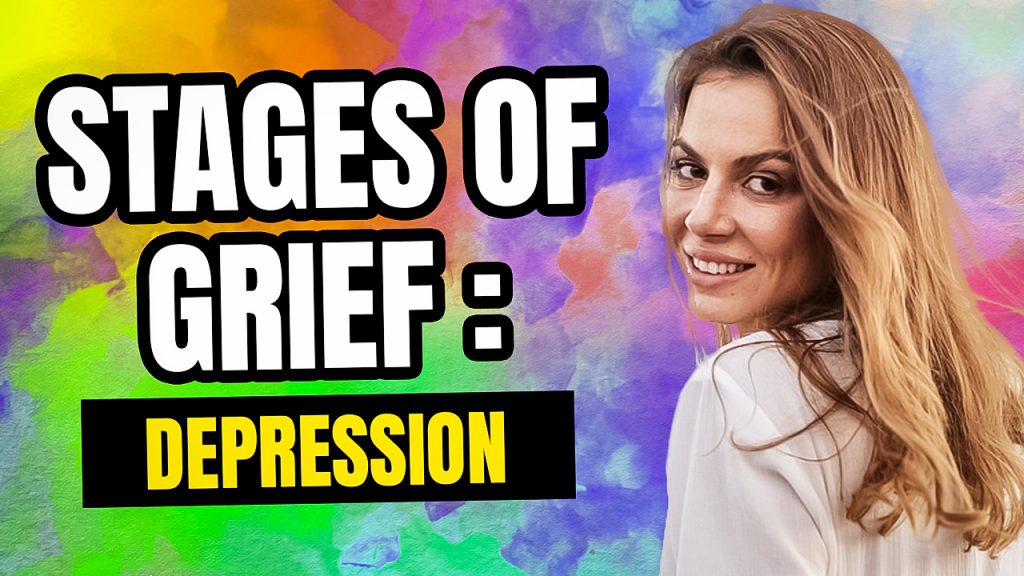
Grief is a natural and complex response to loss, and it can take many forms. When we lose someone or something important to us, we experience a range of emotions and behaviors that can feel overwhelming and difficult to manage. One of the stages of grief that people often experience is depression.
Depression is a feeling of intense sadness, hopelessness, and loss of interest or pleasure in things that were once enjoyable. It can be a normal part of the grieving process, but it can also be a sign of a more serious mental health condition. In this essay, we will explore the stages of grief and what happens during the stage of depression.
Depression as a Stage of Grief
Depression is a common and normal part of the grieving process. It can be a response to the intense emotional and physical stress of grief, as well as a reaction to the loss itself. The symptoms of grief-related depression are similar to those of clinical depression, but they are usually temporary and improve over time.
During the stage of grief-related depression, we may feel intense sadness, hopelessness, and despair. We may have trouble sleeping, eating, or engaging in activities we once enjoyed. We may feel isolated and alone, and we may struggle to find meaning or purpose in our lives. We may also experience physical symptoms such as headaches, stomachaches, or fatigue.
It is important to note that grief-related depression is different from clinical depression, which is a mental health condition that can occur independent of a specific loss. Clinical depression involves persistent and severe symptoms that do not improve over time, and it may require treatment such as therapy or medication.
Coping with Grief-Related Depression
Coping with grief-related depression can be challenging, but there are things we can do to manage our symptoms and move forward. Here are some strategies that may help:
1. Allow yourself to feel your emotions: It is normal to feel a range of emotions during the grieving process, including sadness, anger, and guilt. Allow yourself to experience these emotions, and don’t try to suppress them. Expressing your feelings through journaling, talking with a trusted friend or family member, or joining a grief support group can be helpful.
2. Take care of yourself: Grief can take a toll on our physical and emotional well-being, so it’s important to take care of ourselves during this time. This means eating a healthy diet, getting enough sleep, and engaging in regular exercise or physical activity.
3. Seek support: Grief can be isolating, but it’s important to seek support from others. This can be in the form of a therapist, support group, or trusted friend or family member. Talking with someone who has experienced a similar loss can be especially helpful.
4. Engage in self-care activities: Engaging in activities that bring us joy or relaxation can be helpful in managing grief-related depression. This could be anything from reading a book, taking a warm bath, or spending time in nature.
5. Honor the memory of the person or thing you lost: Finding ways to honor the memory of the person or thing you lost can be a helpful way to cope with grief-related depression. This could be through creating a memorial, writing a letter to the person, or participating in a charity or event that honors their memory.
In conclusion, grief is a complex and natural response to loss, and the stages of grief can vary from person to person. Depression is a common and normal stage of grief, and it can be a challenging experience. However, with the right support and coping strategies, it is possible to manage the symptoms of grief-related depression and move forward in the grieving process. Remember, it’s important to be patient with yourself and seek support when needed.
This Post is Brought To You By BetterHelp